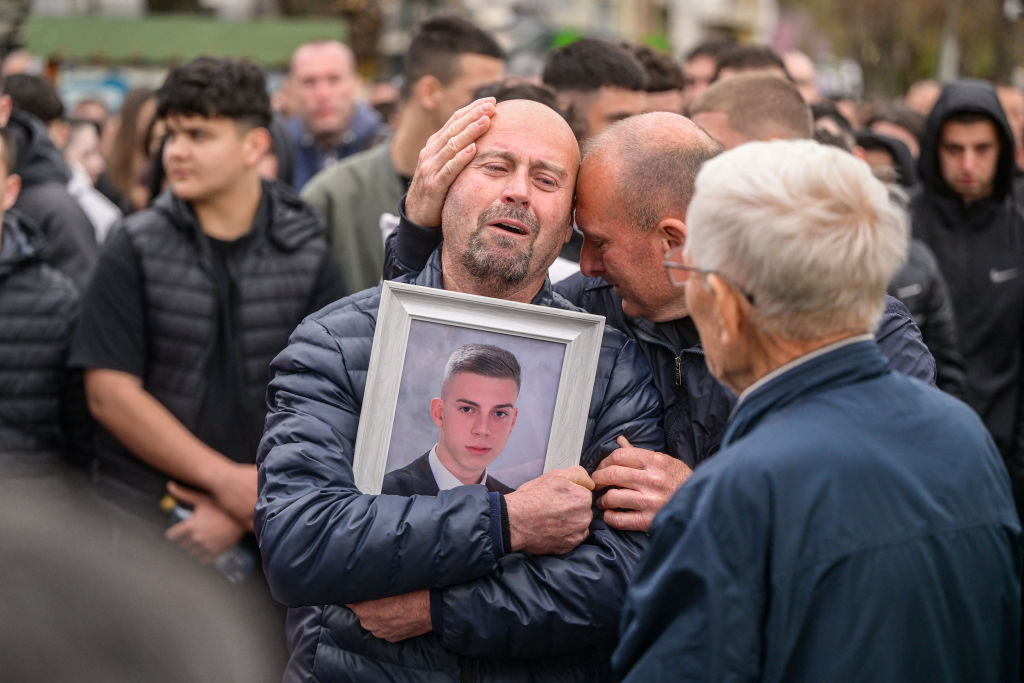“Years of silence lead to a minute of silence.” It was one of the most frequently shared phrases on social media, the day after fifty-nine people died in Kočani, a small town in the east of North Macedonia, in a fire at what looks like an improvised nightclub. Some 162 others were injured, with twenty-two of them in a critical condition.
As I write this — and struggle to fact-check an avalanche of unverified information — the first thing I wonder is how at a venue in which around five hundred people attended a party, the Interior Ministry did not conduct a risk assessment, when it is its obligation to do just that.
For this is a story of a tragedy. But it is also a story about the culture of turning a blind eye — and institutional negligence.
The Interior Ministry was required to secure the event from the outside, due to its size and the threat of possible incidents, having been previously informed of the risks. The interior minister himself confirmed this at a press conference, insisting that the police were present at the venue.
Furthermore, as part of the cooperation between the Interior Ministry and other institutions, it is required that first aid vehicles and a fire truck be provided in the immediate vicinity of events with high attendance and risk of possible escalation (large concerts, sports competitions, etc.).
According to Macedonian legislation, the Interior Ministry also must issue permits for the use of pyrotechnics, with conditions for their transportation, storage, and handling by a devoted individual. The presence of the police at the facility during the party was also confirmed by the Interior Ministry, who stated at a press conference on Monday morning that a police officer who was officially engaged at the…
Auteur: Leni Frčkoska

